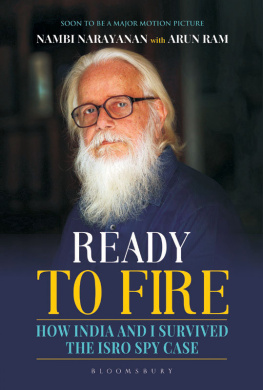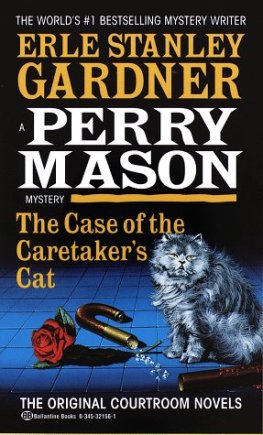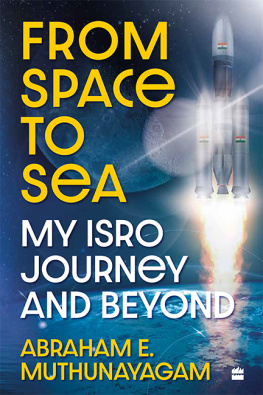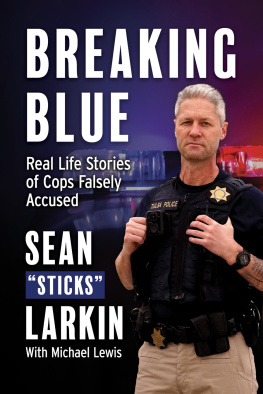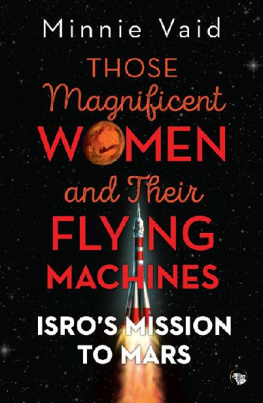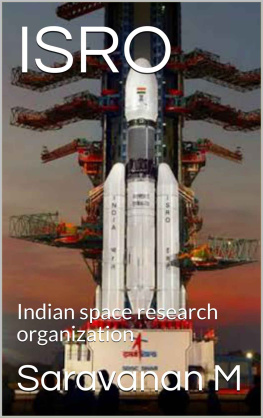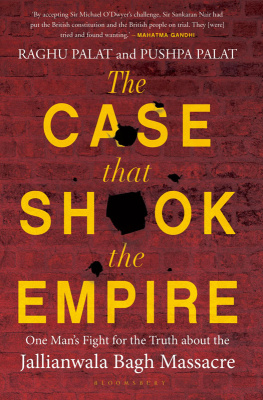Table of Contents

Ready To Fire
How India and I Survived The ISRO Spy Case
Ready To Fire
How India and I Survived The ISRO Spy Case
S Nambi Narayanan, Arun Ram

First published in India 2018
2018 by S Nambi Narayanan, Arun Ram
All rights reserved. No part of this publication may be reproduced or transmitted in any form or by any means, electronic or mechanical, including photocopying, recording, or any information storage or retrieval system, without prior permission in writing from the publishers.
No responsibility for loss caused to any individual or organisation acting on or refraining from action as a result of the material in this publication can be accepted by Bloomsbury or the author.
The content of this book is the sole expression and opinion of its author, and not of the publisher. The publisher in no manner is liable for any opinion or views expressed by the author. While best efforts have been made in preparing this book, the publisher makes no representations or warranties of any kind and assumes no liabilities of any kind with respect to the accuracy or completeness of the content and specifically disclaims any implied warranties of merchantability or fitness of use for a particular purpose.
The publisher believes that the content of this book does not violate any existing copyright/intellectual property of others in any manner whatsoever. However, in case any source has not been duly attributed, the publisher may be notified in writing for necessary action.
BLOOMSBURY and the Diana logo are trademarks of Bloomsbury Publishing Plc
ISBN 978-93-86826-27-5
10 9 8 7 6 5 4 3 2 1
Bloomsbury Publishing India Pvt. Ltd
Second Floor, LSC Building No.4
DDA Complex, Pocket C 6 & 7, Vasant Kunj
New Delhi 110070
www.bloomsbury.com
Created by Manipal Digital Systems
To find out more a bout our authors and books visit www.bloomsbury.com. Here you will find extracts, author interviews, details of forthcoming events and the option to sign up for our newsletters.
DEDICATION
I was neither a good husband nor an ideal father. I dedicate this book to my wife Meena and children Sankar and Geetha.
Nambi Narayanan
Writing this book has been virtually reliving the incidents mentioned in it. Hence whoever helped me survive the ISRO spy case has helped me write this book, directly or indirectly.
I place on record my gratitude for these lawyers who helped me fight many a protracted legal battle:
K L Narasimhan, K Parasaran, K K Venugopal, Harish Salve, M N Sukumaran Nair, S Vijayakumar, B Raman Pillai, T S Arunachalam, S Muralidhar, Umapathy, P Surendran Nair, V G Govindan Nair, V Bhasurendran Nair, K P Dandapani, Thottathil B Radhakrishnan, V Giri, C Unnikrishnan, V Venugopalan Nair, V Selvaraj, Ponnappa Pillai, D Jayakrishnan, R Praveen Kumar, Suresh Kumar. V G Govindan Nairs clerk Krishnan Kutty was as efficient as a lawyer.
When a majority of Malayalam newspapers eagerly bought half-baked police stories and cooked up their own, an army of journalists, most of them from the English media, stood by the fundamentals of journalism. While all of them refused to be swayed by sensationalism, some exposed holes in the conspiracy theories.
They include T NGopakumar, K M Roy, Zacharia, Madhu Nair, Ramanan, Narayana Pillai, Gopal Raj, KS Jayaraman, T S Subramanian, Ramachandran, Sekhar Gupta, Ritu Sarin, M G Radhakrishnan, Anand Parthasarathy and J Rajasekharan Nair.
Maithreyan, a social worker, The last one had also been a pillar of personal support to me. He also spent long hours giving me courage to fight on.
Several of my friends and colleagues have remained my pillars of support; they find mention in the book. I remember with gratitude Prof S Chandrasekhar, my long-time colleague in ISRO, who flew down to Kerala amidst his busy schedule to depose in a case I had filed for compensation.
I also salute two former CBI officers, M L Sharma and P M Nair, who were part of the spy case investigation team and later became my well-wishers.
This book is not just an account of the ISRO spy case in which I was an accused. The case that broke out in the late 1994 as a potboiler of sex, spies and rocket science before dying down as a police misadventure that eventually fed an international conspiracy, however, forms the fulcrum of this book.
The spy case became such a defining incident that everything that happened in my life and in the development of Indias space programme so far falls into either of the two periods: Before Spy Case and After Spy Case.
When the Kerala Police arrested me on November 30, 1994, I was 53. Indias space programme, put to shape by Vikram Sarabhai as the Indian National Committee for Space Research (INCOSPAR) in 1962, was 31.
I, having taken over as the cryogenic project director and in the process of getting the technology from Russia, was scaling a peak of my career. The Indian Space Research Organisation (ISRO), which had just registered the nations first successful launch of a Polar Satellite Launch Vehicle (PSLV) only the previous month, was at the cusp of a great leap in space.
This book seeks to tell you how an incident involving an allegedly amorous police inspectors attempt to corner a Maldivian woman soon snowballed into an espionage case; how a faction in the Congress party used it to bring down a government; and how Indias Intelligence Bureau (IB) played into some foreign hands to halt Indias march in space.
As time proved, the grand design failed. The Central Bureau of Investigation (CBI) exonerated all the six accused and found the case to be false. The premier investigating agency went to the extent of sending confidential reports to the Government of India and the Government of Kerala, naming officers of the IB and Kerala Police who fabricated the case, and seeking appropriate action against them.
Twenty-three years after I was implicated in the case, my family has been able to regain much of our pride; my son and daughter no longer have to live as a traitors children; the media considers me a phoenix. But some of the damages the conspirators and their foot soldiers inflicted are irreparable. Like my career and my wifes mental peace.
A nation rebounds faster than a family. Indias PSLV is today one of the most reliable and sought after rockets for satellite launches. India has developed its own cryogenic rocket engine to take heavier satellites to the geosynchronous orbit and send probes to the unexplored corners of the solar system.
But the ISRO spy case was able to delay Indias cryogenic engine by at least 15 years. What does one gain from that? For one, a lot of money. India today offers to launch a satellite at a fraction of the price that NASA charges. A 2015 report of the Colorado-based Space Foundation pegged the global space economy of 2014 at $330 billion, with a 9% growth over the previous year. Satellite launches and related commercial activities constitute 75% of it.
It is in public domain how the US applied sanctions on India and Russia in 1992, a year after the two countries signed a contract for transfer of cryogenic technology. Piece together the timing of the ISRO spy case and a few later incidents, including a top IB man being given marching orders for supping with the CIA, and you see the plot.
There was a time when I wanted to end it all, but I had to live to tell the tale. And see my tormentors get their comeuppance. This book is not an effort in revenge. This is an experiment in something more powerful: truth.

